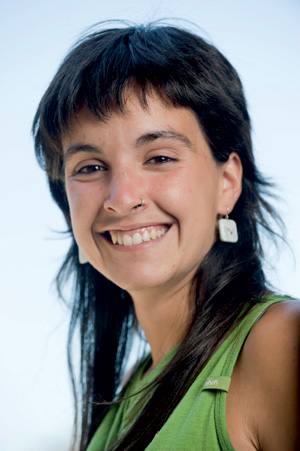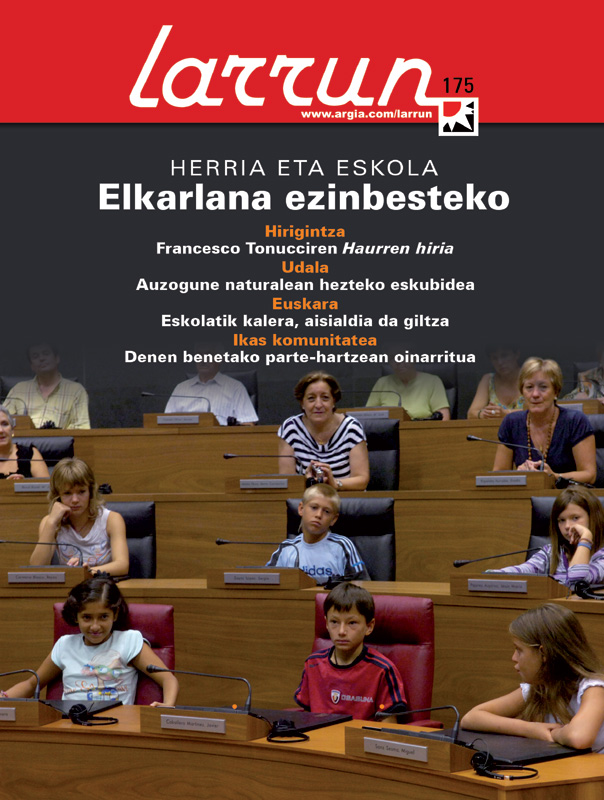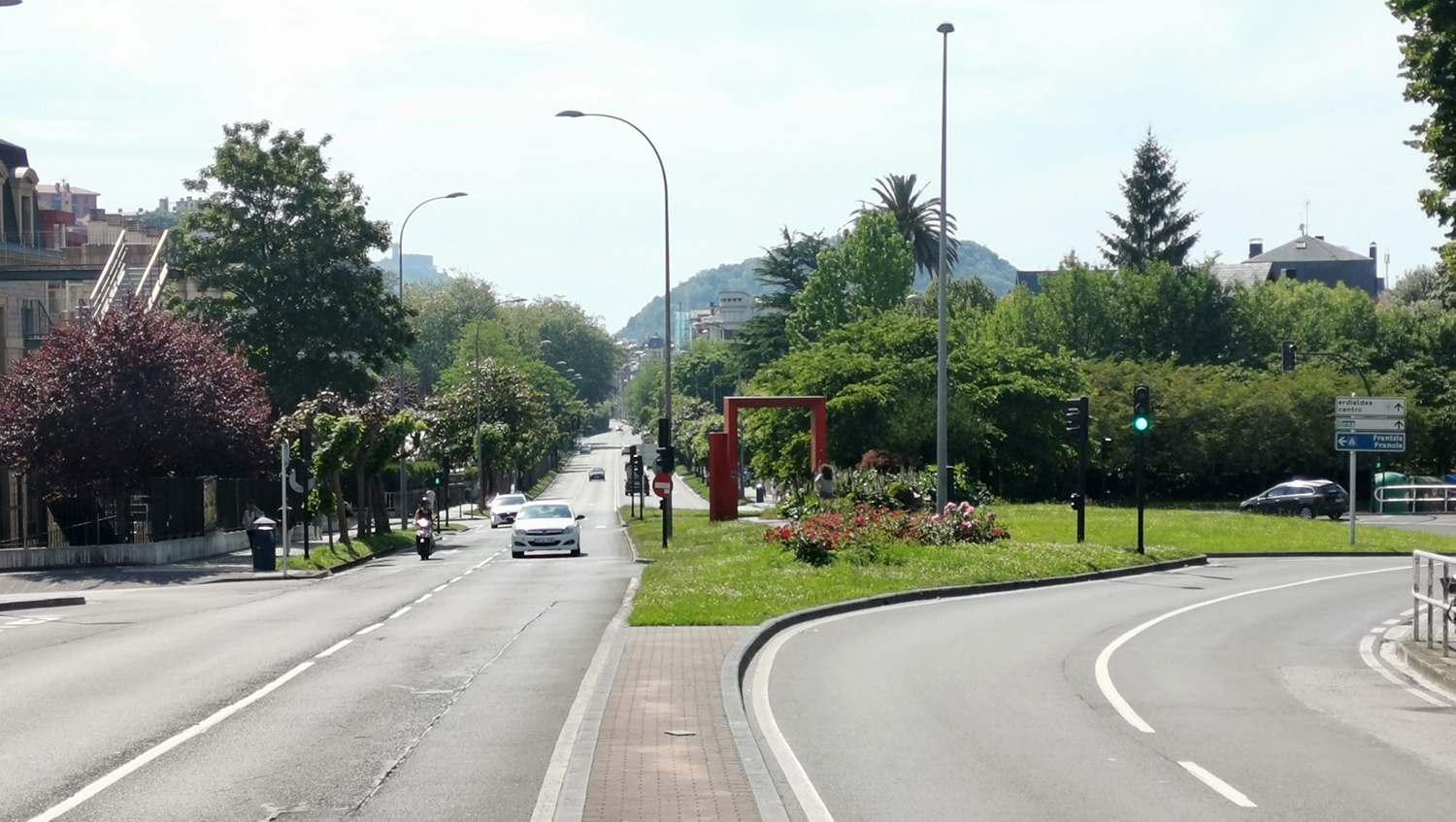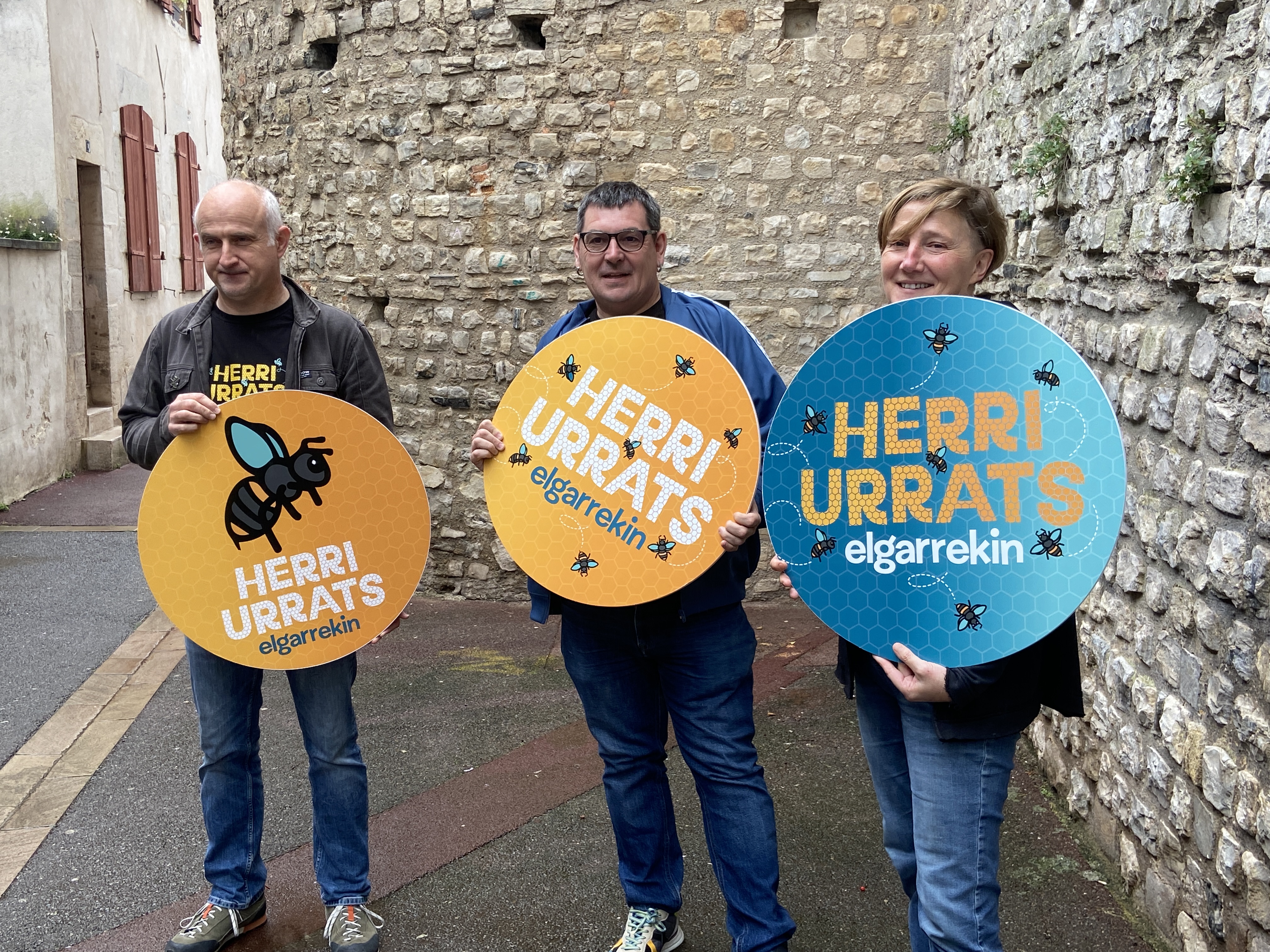"Institutions must guarantee the right to educate in a natural neighborhood"
- The contribution that the school makes to the people and the people to the school is great, but in small towns it is not always easy to maintain the school there, due to administrative obstacles. To talk about the interest and responsibility of a city council for having a school center in its town, we have come to the House of the People of Barkoxe, at risk of losing school, and to the City Hall of Donostia that has wagered on the smaller schools.

As it happened in other localities, the City of Hendaia decided a few months ago to ban the donation of money to the ikastola of the town, under the pretext of the Falloux Law. The issue also showed that the involvement of municipalities is often essential for the survival of the local school. Barkoxe has about 700 inhabitants; formerly it had a school in each of the three neighborhoods of the town and in the center, but today only the one in the urban center is standing. Follow the IkasBi model and most local children go to it: 23 in total. The rest, about 10, are located in the ikastola of SEASKA, located in the village of Sohüta.
According to Pierre Pinque, elected from the village, Barkoxe school is in danger of extinction: “We have a lot of concerns, because the balance of children is very small from now on, let’s say five years later, because you can close school. It is the French Government that sets the teaching posts and can leave us without a teacher.” Barkoxe's population is getting older and older, three or four children were created in 2012, and according to the population's forecasts, there will be no child creation in 2013. And the shortage of children, within the framework of the decision of the State Administration, is a risk to the maintenance of the local school.
Pierre Pinque does not doubt the importance of having a school in the village: “A people needs school, because in school there are children and children are the future of a people, those children will be the youth of the people, and youth is the blood of the people, who are strong enough to push the country forward. School is the heart of the people.” Not only that, but also in order to maintain the economy of the people, it is necessary for the children to be educated and for the future to be imagined in Barkoxe. “Barkoxe is a small town, most are labourers, but the number of young farmers is decreasing. Close to here, in 20 kilometers, there are industries, in Maule or in Oloron, where workers from neighboring towns schooling children, and without school, farmers who are willing to stay in the next generations would be further reduced. It is difficult to live from agriculture, work and ways of life should be facilitated in order to be able to start work and maintain the balance of boys and girls in the village and in the local school. It is also important that young people work, in addition to agriculture, in many other jobs there, because that would be good for the children to stay in the village.”
Ten schools in Zuberoa
It considers that the existence of a school for the transmission of local cultural heritage and identity is essential. “But surely the issue should be addressed from a broader perspective, from a global perspective of Zuberoa, because according to the studies that have been carried out, in ten years or less, there will be ten schools in Zuberoa and through them we will have to maintain the identity of Zuberoa”. This would also mean that many fathers and mothers of Zuberoa will need to move their sons and daughters in cars, as Zuberoa is a very large space in many small towns. As far as mobility is concerned, in other words, it is not beneficial for the school to leave the village.
And what can the Village House do to hold school in Barkoxe? “In the House of the People we do what a village house can do: put the means to learn, teach and care for the youngest in school, facilitate the conditions for the young people to stay here and build the house… but we cannot force the citizens to make children. If for a day school is closed, if at least it is the group of dances, the sports team, the youth associations… They will follow”. However, they shall not resign: “We will continue to fight to keep the school in the town, prefect, but if the French State decides that there is no school, it will be difficult to cope.”
For the first time, help small schools
Donostia-San Sebastian has 23 public schools and, in addition, two of the 28 small schools in Gipuzkoa are in the capital: Igeldo and Zubieta. Last year, and because the city subsidized these small schools for the first time, we asked the Education Councilor, Naiara Sampedro, about the responsibility of the municipalities in maintaining the city centre. “Small schools and public centres are the responsibility of the Basque Government in the CAPV, and at the moment the competence of the City Hall is the maintenance of buildings, we have no other competences, but we can subsidise them, for example, and we have done so. Small schools in rural areas have more shortages, because they have fewer resources and services than a city, and we have to support them expressly from the administration, but the policies that have been developed so far have evolved towards globalisation and neutrality, discriminating against small towns and neighbourhoods. To cope with this, for the first time in the history of San Sebastian, the City Council granted a direct grant to the associations of parents of the schools of Zubieta and Igeldo, since the associations of parents are the real drivers of the small schools. This contributes to the provision of such resources and services, for example, to ensure the care service and to support after-school activities. The objective is for all students to have the same opportunities and for balanced policies to be carried out, because from the institutions we must guarantee the right to education in the natural neighborhood. At the moment there are 61 children in Igeldo and 47 in Zubieta. Last year, also this year, Igeldo received a grant of EUR 3,691 and a little less in Zubieta, as it has the support of the City Council of Usurbil. As a counterpart, what is required from the City Hall to the school is that the whole community be taken into account and that an inclusive school policy be carried out”.
Right to education in the natural neighbourhood
Sampedro is clear that students must be able to educate in their natural environment and the public administration must guarantee them that right. “Small schools have their own characteristics, mostly Euskaldunes and quality schools, and have a very important social vision: they help to develop a close relationship with the people and nature and to get involved in the dynamics of the village and the neighborhood. They give joy to the village and to the neighborhood. I would sum it up with a phrase that I very much like: the treasure of a people, they are the people who live there and among them the greatest treasure is children.” After all, it is a two-way exchange that makes the people dynamic, also economically, due to the activity generated by the presence of boys and girls. Parents are more easily involved in school, being there. “When we talk about the community of neighbors,” says the Education Councilor, the epicenter is the school. In short, the school, when welcoming the students, also welcomes their families, whether parents, grandparents, uncles, friends…”. And of course, if the school is the epicenter, the administration has to relate to it: “The City Hall of Donostia-San Sebastián is a member of the higher bodies and we try to take into account the greater information and needs we receive from the management and the schools; if it is our competence to comply with it, and if it is the responsibility of the Basque Government, to move it and request it”.
As Pierre Pinque said, Naiara Sampedro has also stressed the advantage that children do not have to walk from one side to the other: “In the city there are practically all the neighborhoods, and in the rural areas, in our case in Zubieta and Igeldo, thanks to the fact that small schools are guaranteed, because otherwise these small children would have to do a lot of miles every day to go and come to school.”
Sampedro has assured that the City Hall of Donostia-San Sebastian has a responsibility and a commitment to small schools, especially in view of the serious situation in Zubieta. In 2005, the birth rate started to grow significantly in Zubieta and in 2010 two prefabricated buildings were installed, one of them the dining room, but the direction and the AMPA have coincided in the need to expand the school. “Imagine that there are currently 16 boys and girls in a very small pre-fabricated, as they are used in the works, and by next year 20 boys are expected. The intervention of the Basque Government is necessary, although we know that with the policy of cutbacks being given they will not be prepared to open the building. That’s why, in the investments that go to schools, this year we want to give priority to the small school in Zubieta.”
We have had to endure another attack on our language by the Department of Education of the Government of Navarre; we have been forced to make an anti-Basque change in the PAI program. In recent years, by law, new Model D schools have had to introduce the PAI program and have had... [+]
Public education teachers have the need and the right to update and improve the work agreement that has not been renewed in fifteen years. For this, we should be immersed in a real negotiation, but the reality is deplorable. In a negotiation, the agreement of all parties must be... [+]
Garai kuriosoak bizi ditugu eta bizi gaituzte, zinez. Hezkuntza krisian dela dioten garaiak dira eta, gutxien-gutxienean, aliritzira, ba aizue, 2.361 urte ditu gaurgero boladatxoak.
Ez zen ba debalde joan Aristoteles bere maisu maite Platonen akademiatik lizeo bat muntatzeko... [+]
Lehengai anitzekin papera egitea dute urteroko erronka Tolosako Lanbide Heziketako Institutuko kimika industrialeko ikasleek: platano azalekin, orburuekin, lastoarekin, iratzearekin nahiz bakero zaharrekin egin dituzte probak azken urteotan. Aurtengoan, pilota eskoletan kiloka... [+]

















